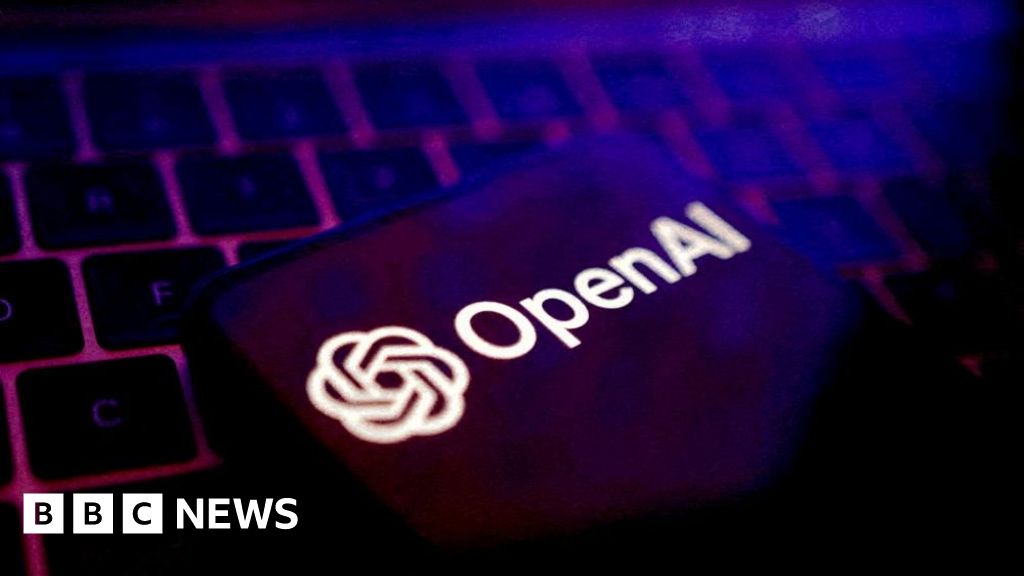OpenAI provided anonymized ChatGPT interaction logs to vetted mental health researchers to support suicide prevention research. The move highlights potential gains for crisis data analytics and public health research but raises concerns about mental health data privacy, GDPR compliance, reidentification risk, and consent.

OpenAI provided academic researchers with aggregated ChatGPT conversation logs that suggested suicidal thoughts or possible psychosis. The dataset reportedly covered tens of thousands of flagged interactions from mid 2024 to September 2025. The BBC reported the figures could imply hundreds of thousands of users show signs of mental health distress each week. The sharing aims to advance suicide prevention research and crisis data analytics while prompting urgent questions about AI privacy and mental health data privacy.
AI chatbots are increasingly used for emotional support because they are available around the clock and can remove some stigma about reaching out. OpenAI says it opened a secure portal to vetted mental health researchers and shared anonymized logs and metadata such as timestamps and message patterns to study trends and improve crisis response. The company framed the move as a contribution to public health research and to strengthening AI safety in crisis detection.
For public health research, anonymized ChatGPT interactions can enrich suicide prevention research by revealing symptom language, timing of crises, and potential early warning signals. For privacy and consent, critics warn that even anonymized datasets pose reidentification risks, especially when metadata is extensive. Questions about whether users were informed or consented for this kind of use are central to public trust and digital ethics.
Regulatory bodies will likely focus on data protection principles such as data minimization and purpose limitation. The inquiries in the US and EU underscore the need to assess compliance with sectoral health rules and GDPR compliance when AI companies share sensitive data.
Is my data safe when used for AI suicide prevention research? Firms must balance public interest with robust data protection. Anonymized data can help research but still carries risk.
Can anonymized ChatGPT data help prevent suicide without risking privacy? It can, if combined with strong technical safeguards such as differential privacy and careful access governance.
OpenAI's decision to share anonymized ChatGPT interactions sits at the crossroads of public good and privacy risk. The potential to improve crisis detection and inform suicide prevention research is real, but so are legal and ethical stakes that could reshape industry standards. Clearer regulatory guidance, standardized safeguards for sensitive data sharing, and better user transparency will be central to moving forward in a way that respects mental health data privacy and advances AI safety.



